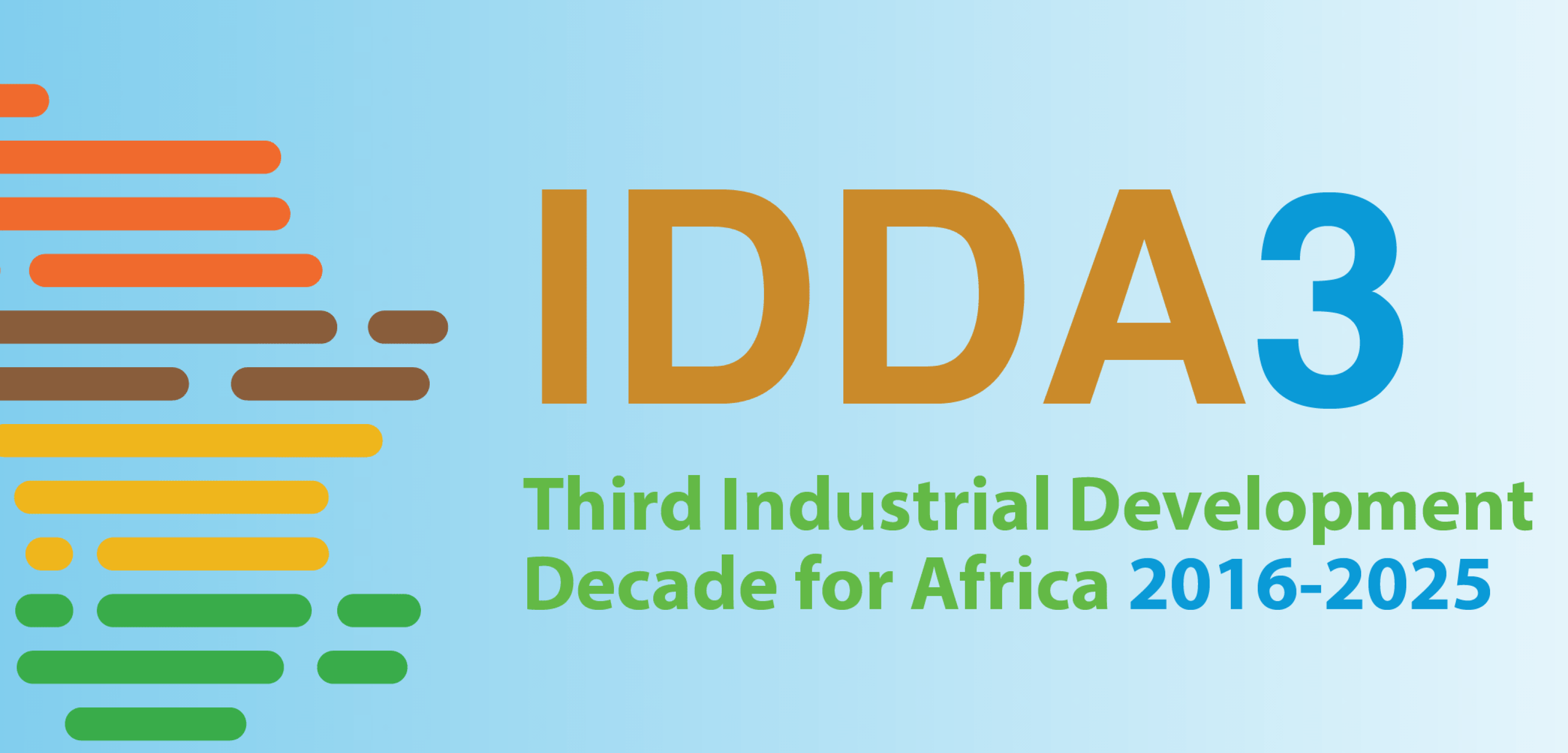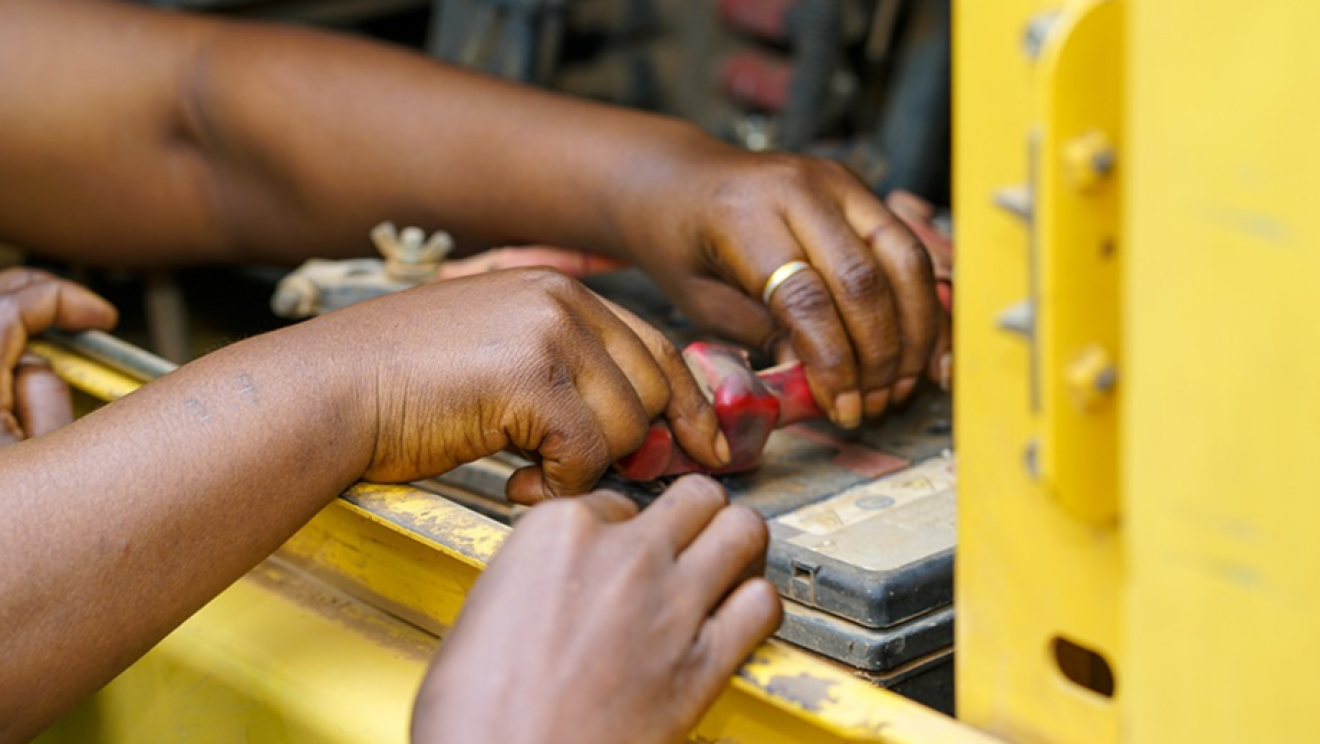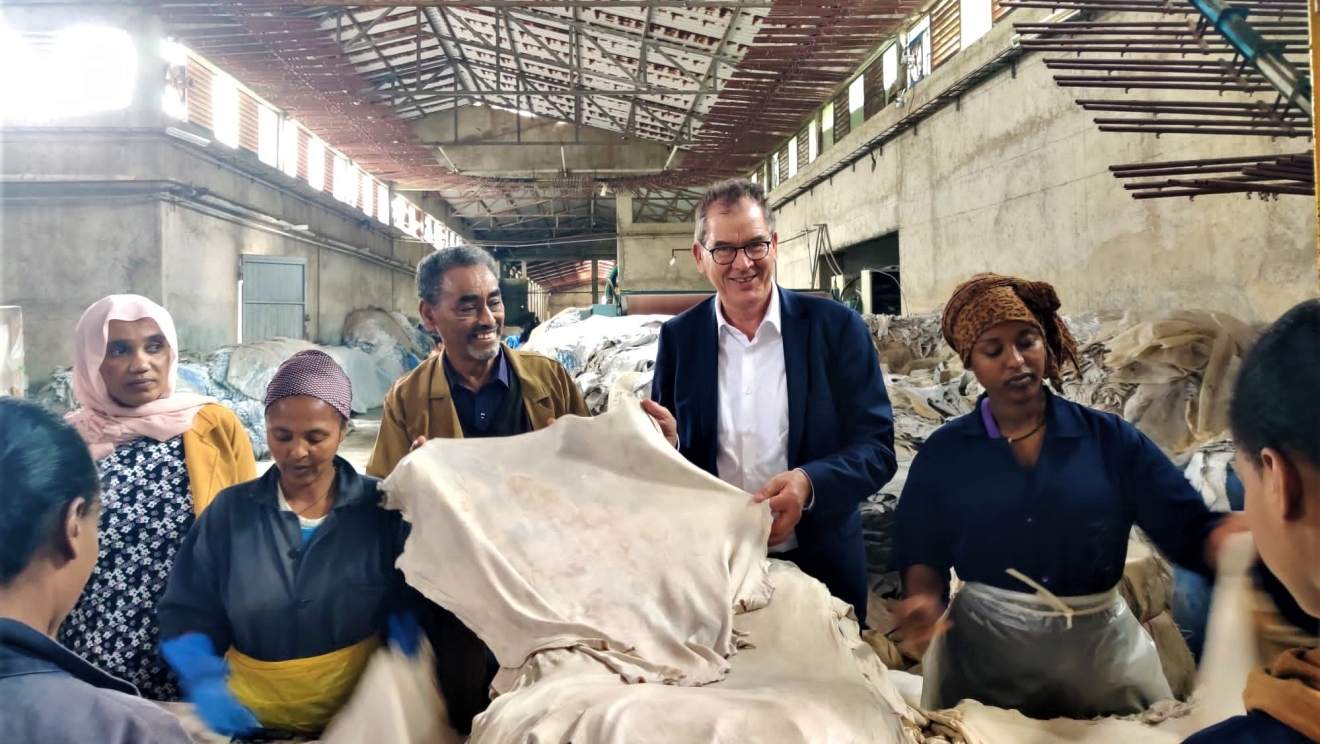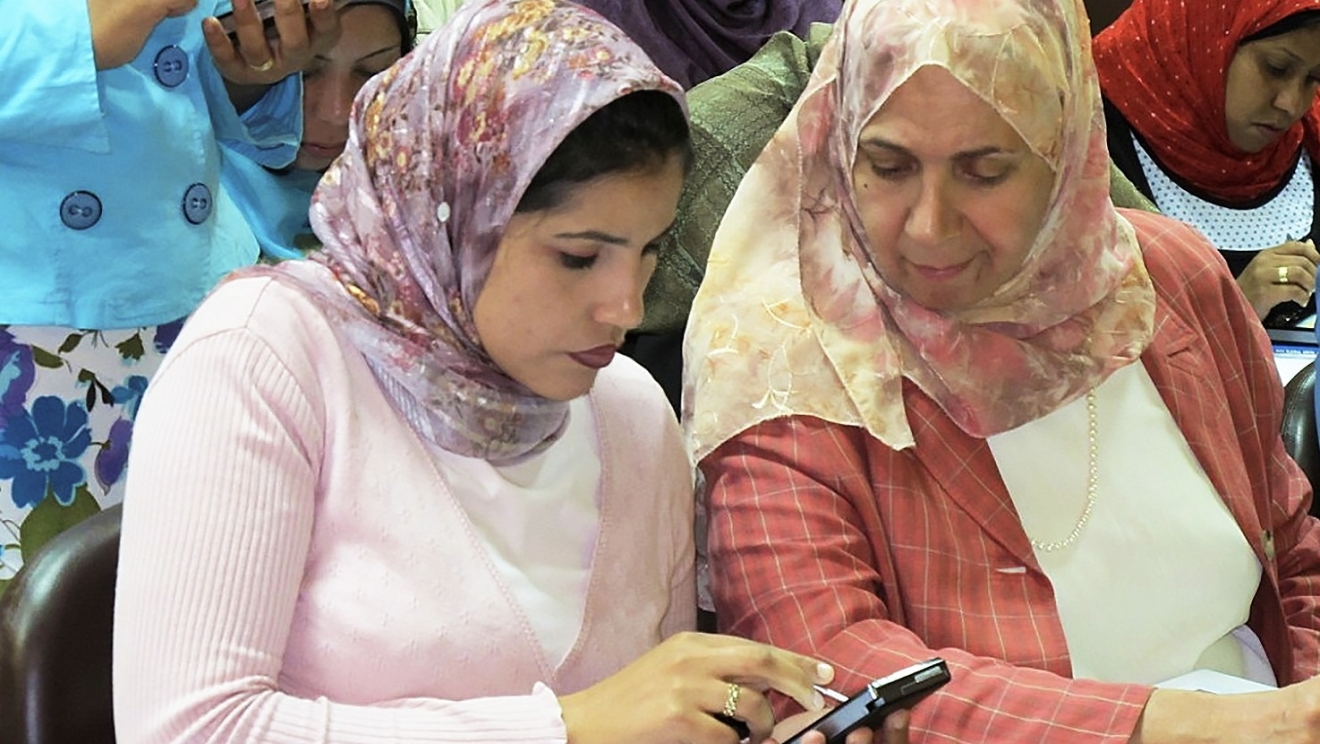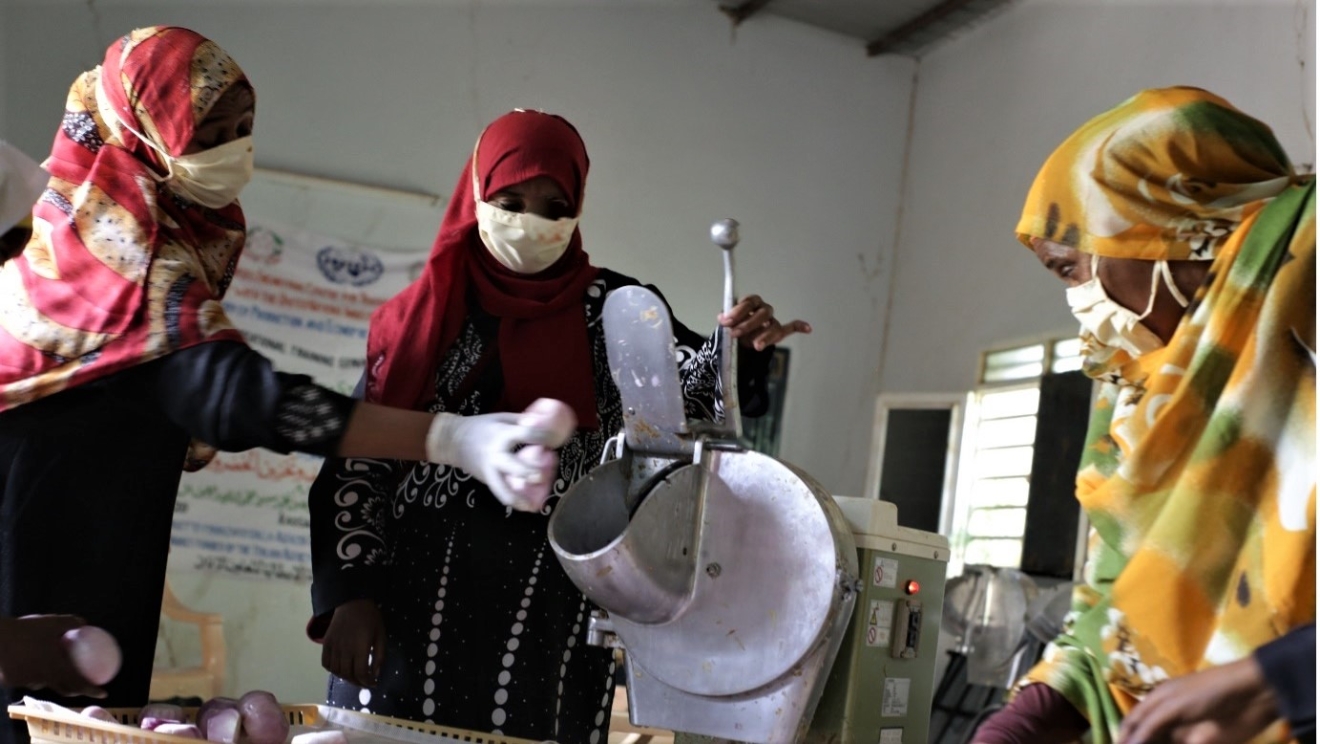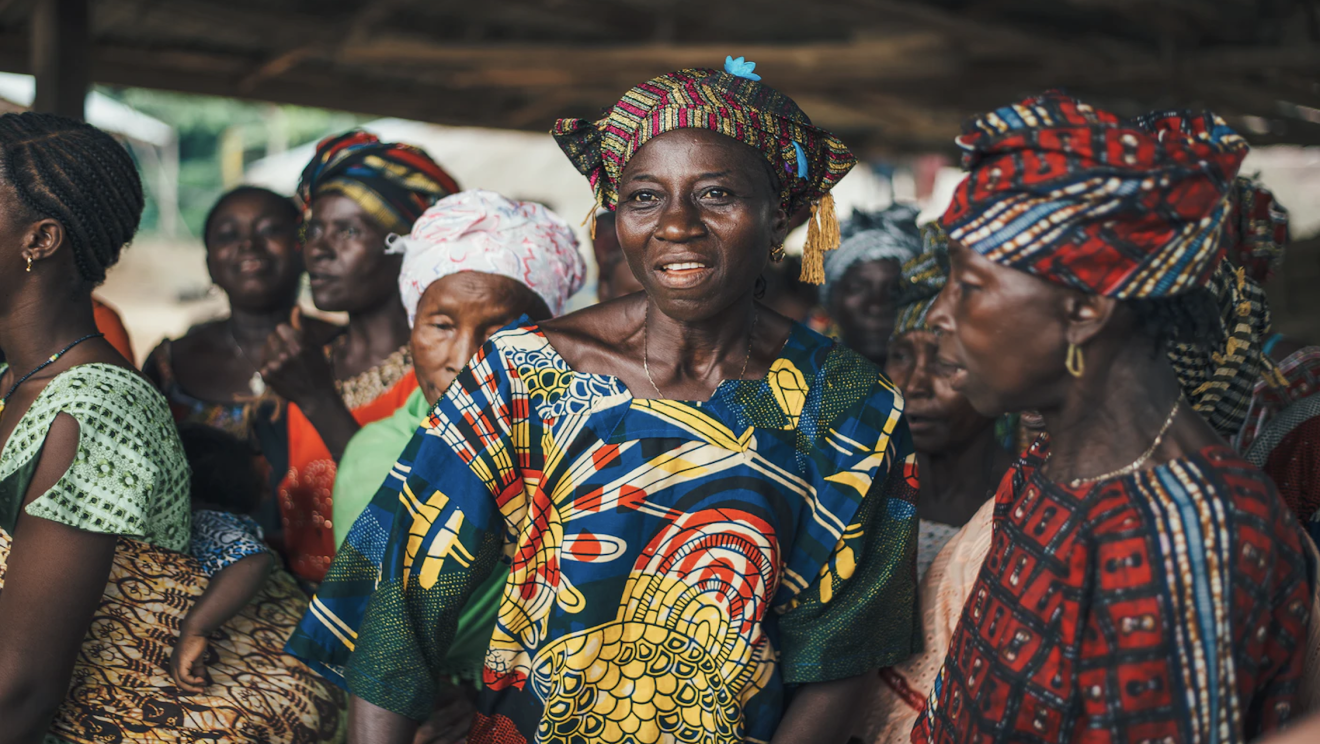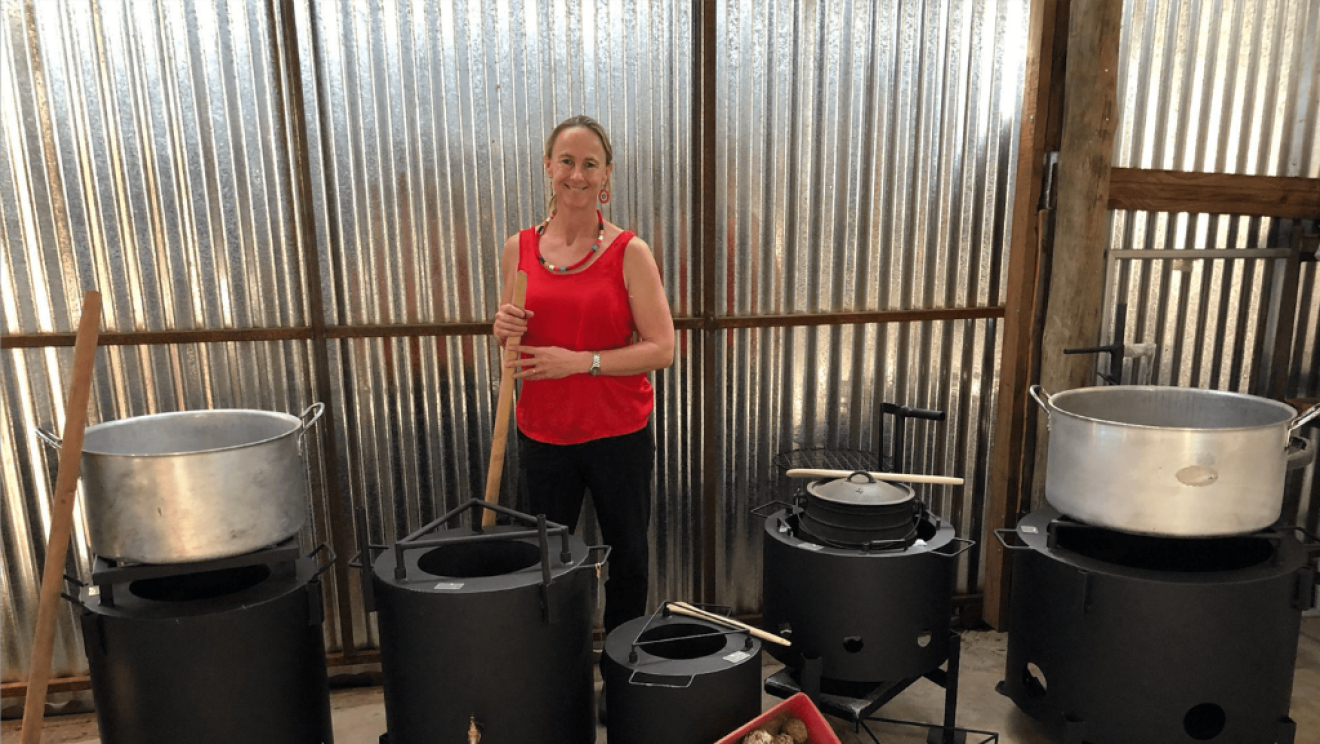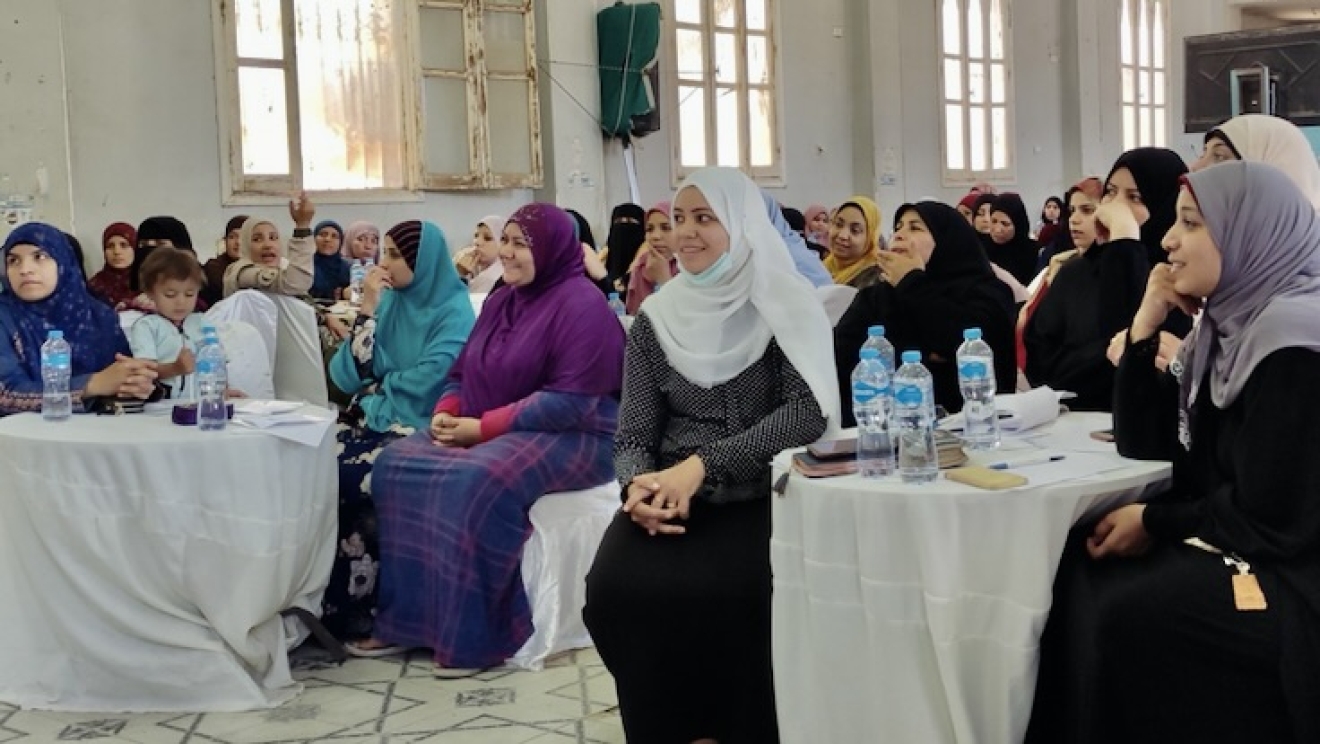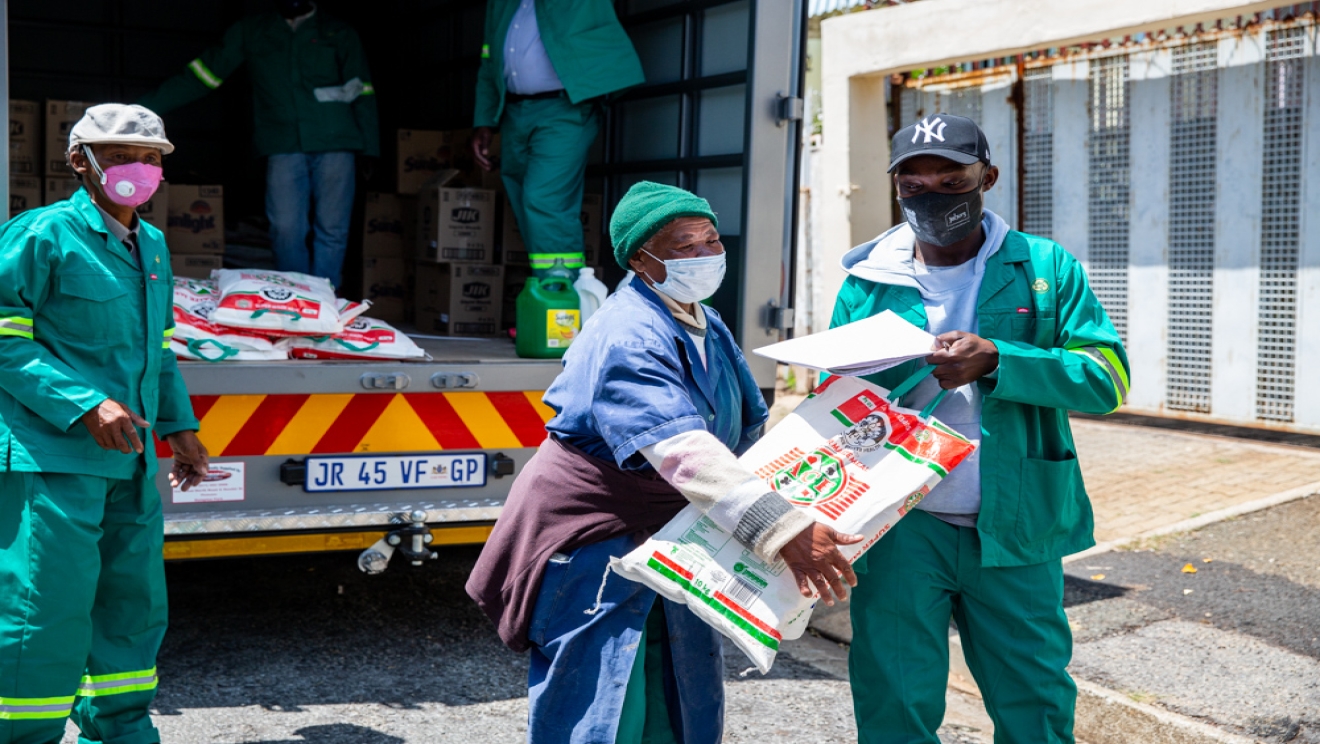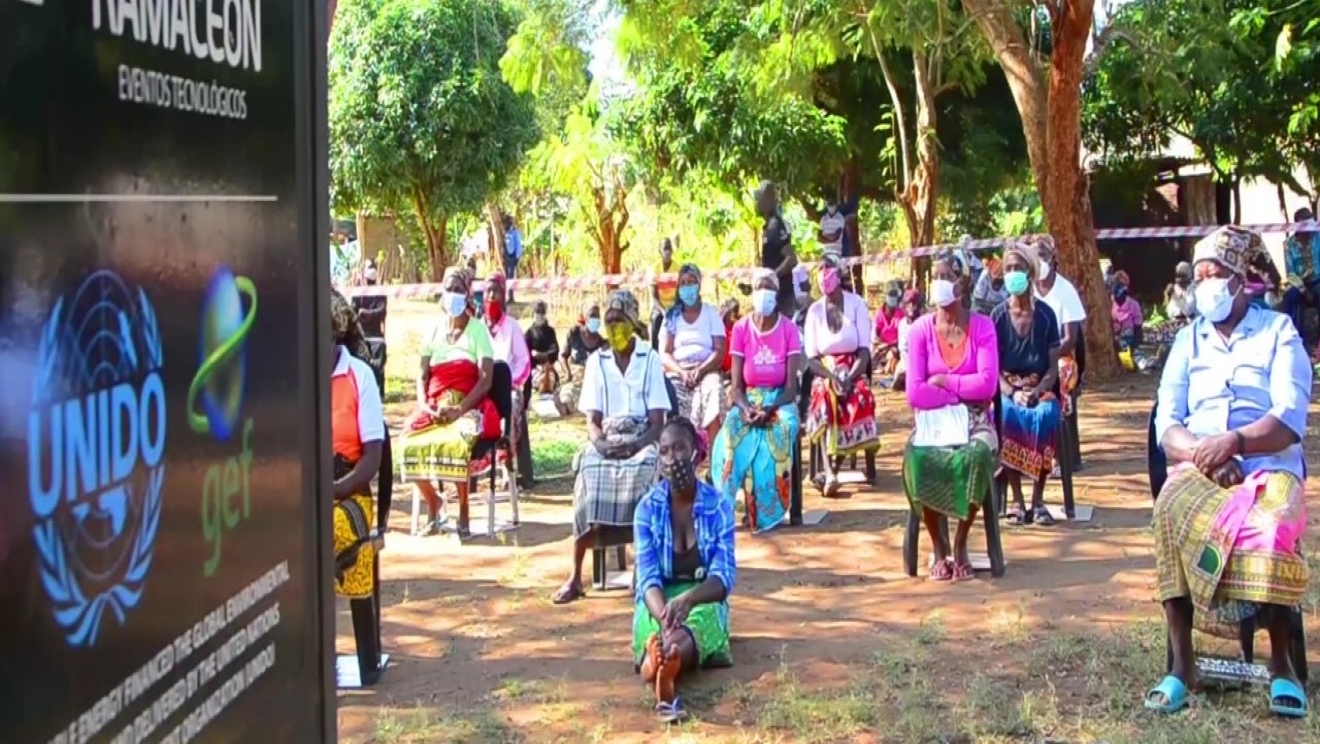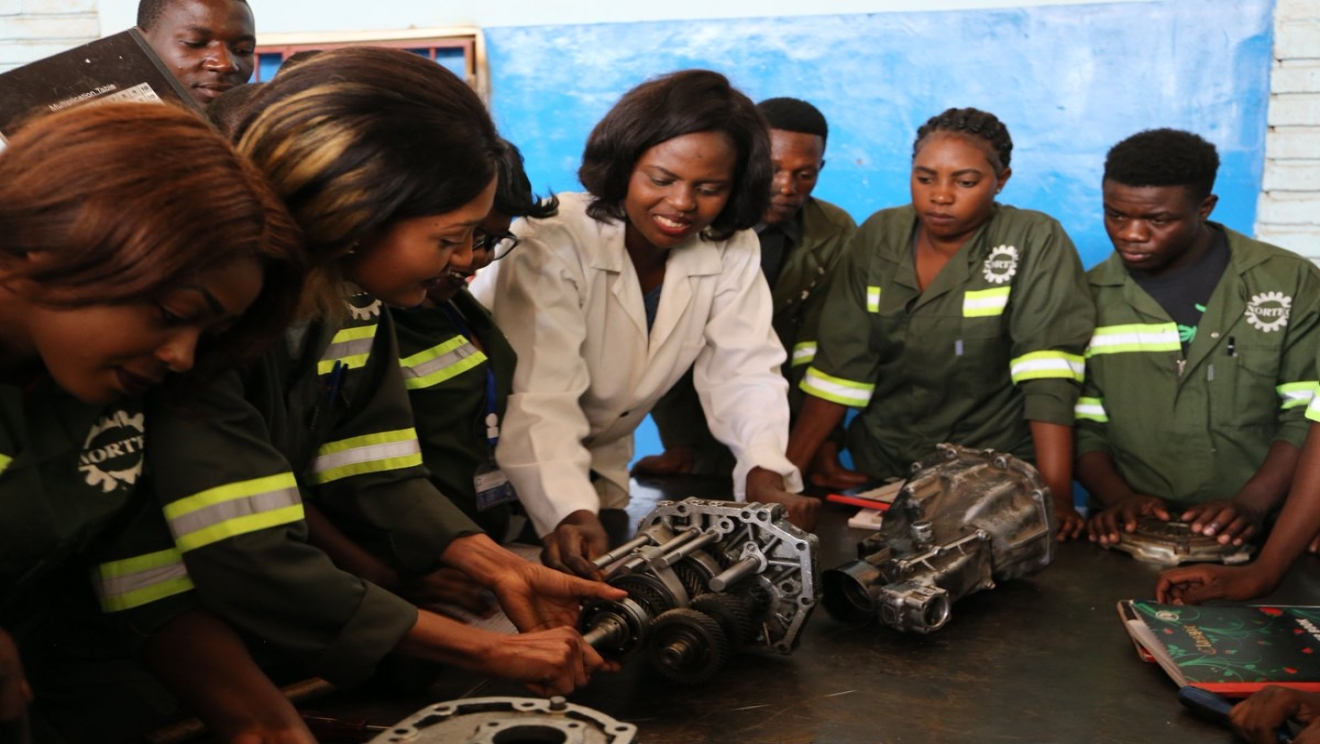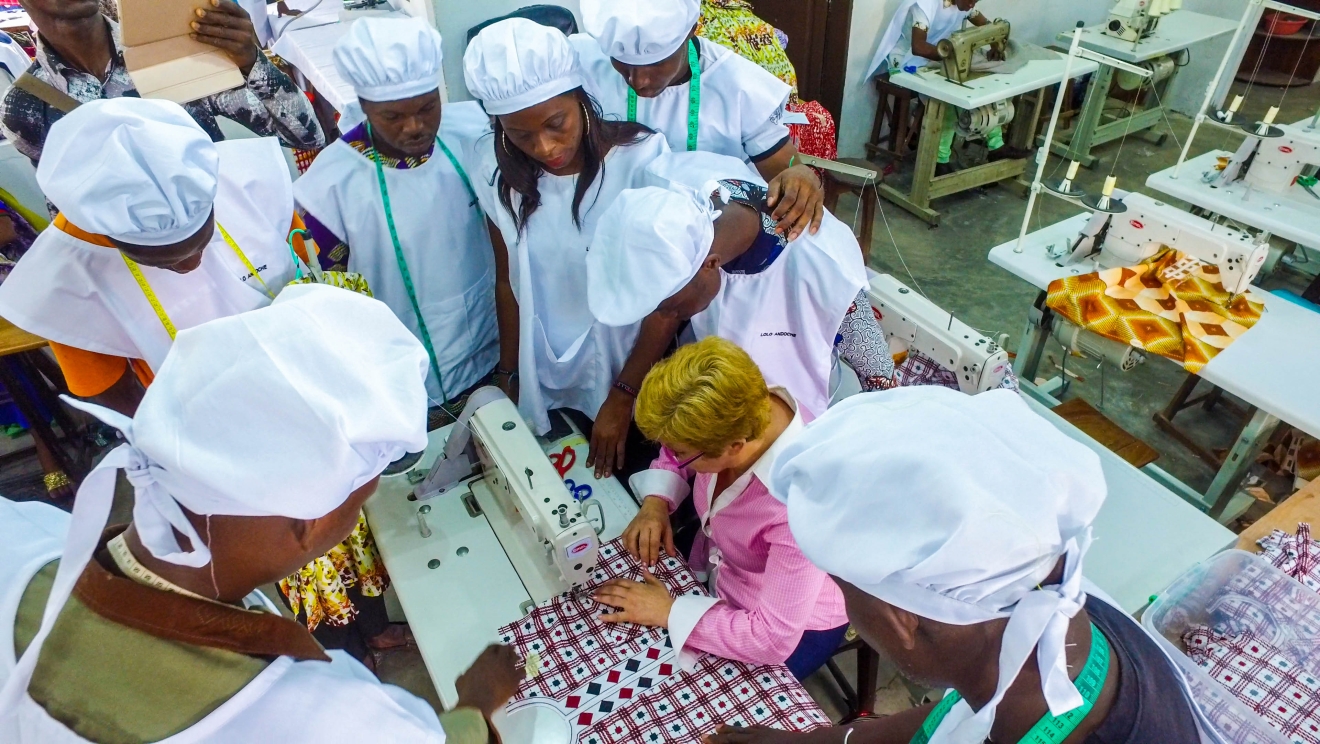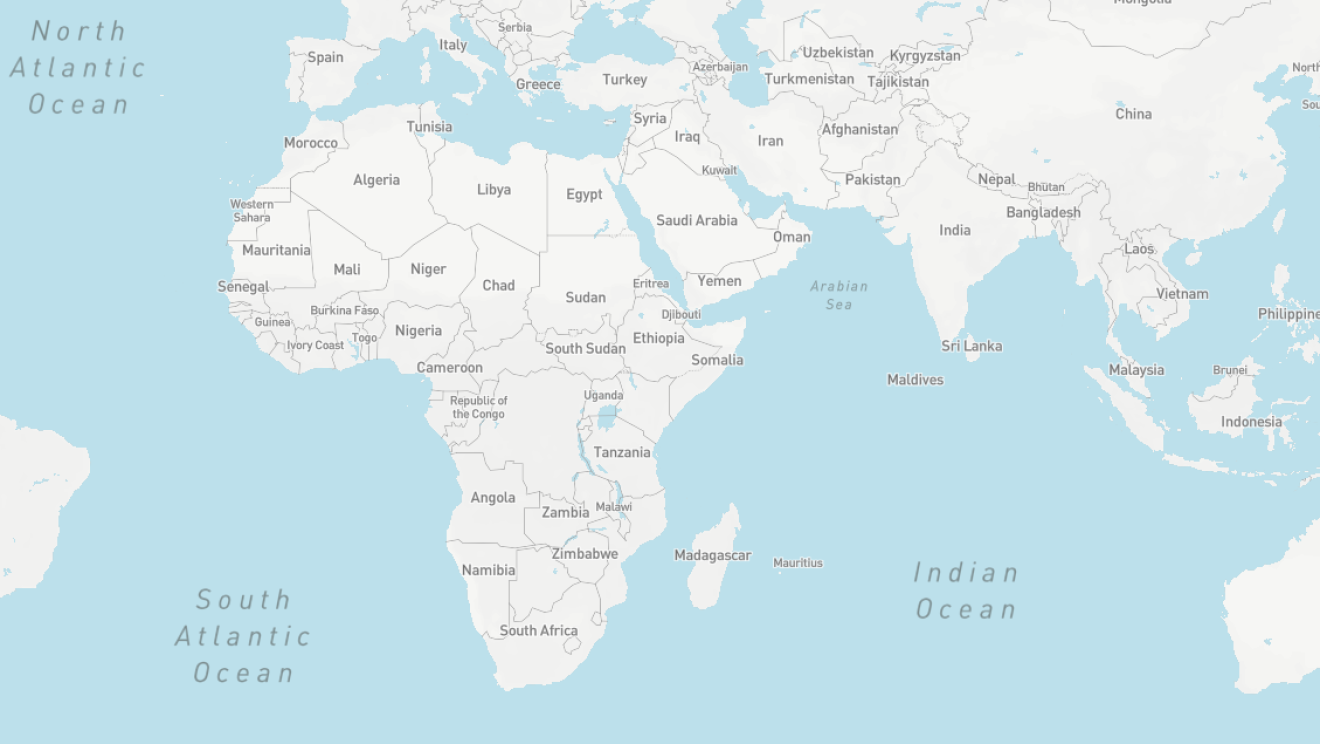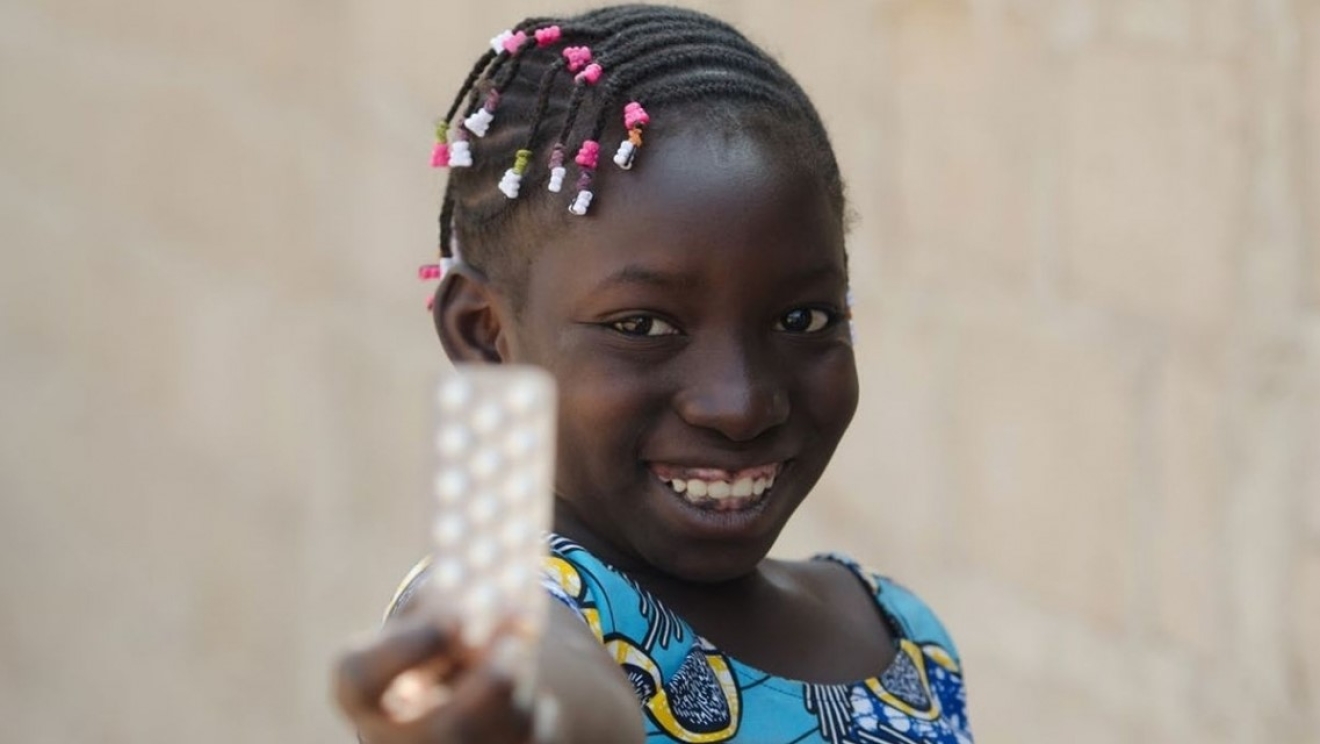IDDA3
Introduction
Africa is a continent with a rich diversity of people, languages, cultures, and natural resources, which has witnessed a prolonged commodity boom and a trend of sustained growth. Given its natural resources and prospects for developing African trade and industry integration into the global value chains (GVCs), Africa has enormous potential for industrialization; however, it needs to address its challenges including a lack of economic diversification, limited basic infrastructure, and limited human skills/capacity. The opening up of trade under the African Continental Free Trade Area (AfCFTA) agreement is transforming the continent into a US$3 trillion economic block of 1.2 billion people, with a potential to lift up to 30 million Africans out of extreme poverty that could also boost intra-African exports by around US$50 to US$70 billion, thus offering enormous opportunities for accelerating industrial development.
IDDA III Resolution
Noting the importance and the need for the continent to take suitable steps towards the goals of the African Union Agenda 2063 and the Agenda 2030, the United Nations General Assembly proclaimed the period 2016-2025 as the Third Industrial Development Decade for Africa through a resolution (A/RES/70/293) passed on 25 July 2016.
The Resolution specifically called upon UNIDO to develop, operationalize and lead the implementation of the programme, in coordination with the African Union Commission, the New Partnership for Africa’s Development, and the Economic Commission for Africa. It also called upon UNIDO to foster partnerships, coordinate with other relevant United Nations entities and organize joint initiatives in favour of industrialization, including technology transfer, productive diversification, agribusiness value chain development, trade capacity building, renewable energy and energy efficiency, industrial policy, special economic zones and industrial parks, climate change and human capital development, all while strengthening public-private partnerships (PPP) with a range of stakeholders.
The Resolution further called for stronger public-private partnerships with multi-stakeholders and enhanced international cooperation including, among others, North-South, South-South and triangular cooperation. The resolution also called upon the UNIDO’s Director General to submit an annual report on the progress of IDDA III to the United Nations General Assembly through the Secretary General.
Vision
To firmly anchor Africa on a path towards inclusive and sustainable industrial development. This requires the transformation of African countries into locations of competitive industrial production. The necessary enabling framework conditions for this industrial transformation include the strengthening of key elements of industrial productive capacity such as infrastructure, innovation and technology transfer, industrial financing, industrial knowledge and skills, and the support from public and private sector institutions that regulate and advocate industrial development.
Read more about UNIDO’s ISID Strategy.
Impact Sories
IDDA III Joint Roadmap
UNIDO worked with other partners to develop a Joint Roadmap which serves as a basis for the development and implementation of joint programmes and projects focused on Africa’s Industrialization. The Roadmap, which was validated by all the IDDA III partners, consists of six strategic objectives, action areas and targets.
The Strategic Objectives:
1. Inclusive and sustainable industrialization of Africa assigned a high priority on the global political and developmental agenda
2. Enhanced capacity of key stakeholders to produce objective industrial policies informed by evidence-based research
3. Technical cooperation to accelerate Africa’s industrialization
4. Cooperation at the level of the African Union, regional economic communities and Member States to facilitate the implementation of pan-African industrialization frameworks such as the Action Plan for the Accelerated Industrial Development for Africa
5. Partnerships and resource mobilization
6. Building awareness of IDDA III
Read the complete IDDA III Joint Roadmap here
Guiding Principles
The IDDA III Joint Roadmap addresses four issues that are critical for success:
1. Ensuring government ownership and leadership as success will depend on a clear vision, commitment and resolve on the part of African Governments
2. Strengthening an enabling business environment that includes having appropriate policies, infrastructure, knowledge and skills, financing, technologies, and market institutions
3. Prioritizing sectors that have high potential for growth and which can meaningfully contribute to the alleviation of poverty
4. Building strong partnerships for financial and non-financial resource mobilization at the multilateral, regional and bilateral levels, as well as the prudent deployment of such resources
Monitoring and Reporting
The Roadmap also put in place approaches for resource mobilization as well as a robust monitoring, evaluation and reporting framework consisting of monitoring the design, implementation and impact stages of the projects. IDDA III is thus seen as a strategic framework in the continent’s journey towards shaping a sustainable social, political and economic transformation process anchored on a broad-based and inclusive industrialization trajectory. It seeks to channel international efforts into programmes and projects that will enable African countries gradually to achieve self-reliance and build resilience that fulfils the vision of Agenda 2063.
